Garbage disposals are kind of magical, aren't they? You just throw your food scraps down there and they get chopped up and washed away without ever rotting and taking up room in your trashcan!
But as with anything, there are some tips and tricks to keep things running smoothly, and some things to know so you can avoid a disaster. We're here to fill you in on all the garbage disposal "dos" and "don'ts" so you can keep choppin' without stoppin'.

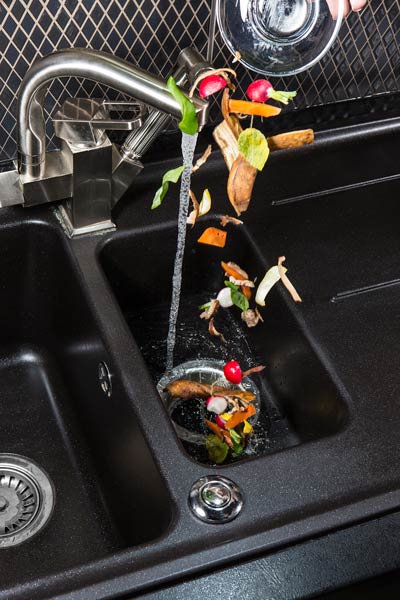
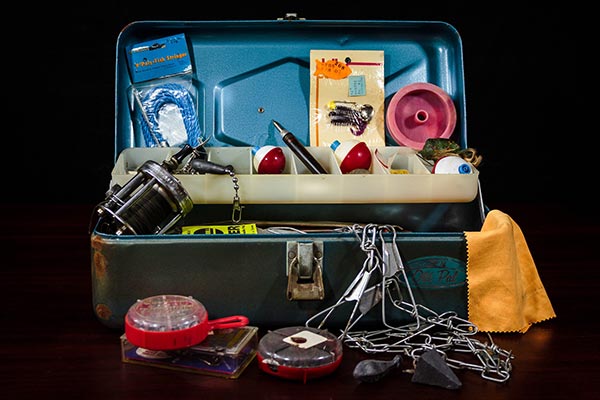
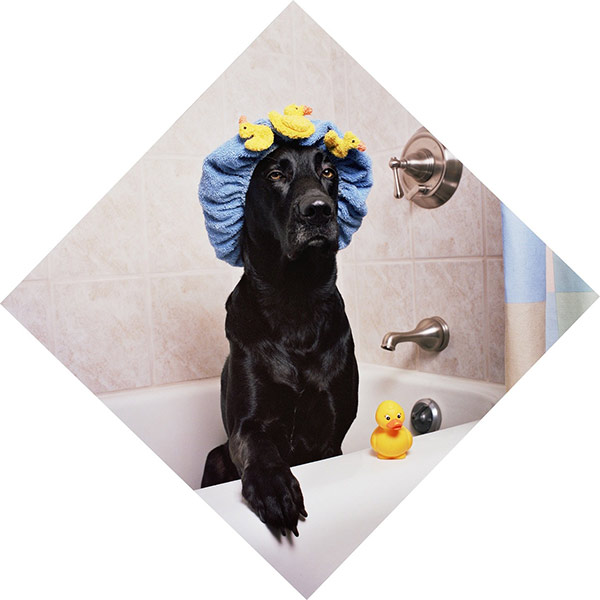
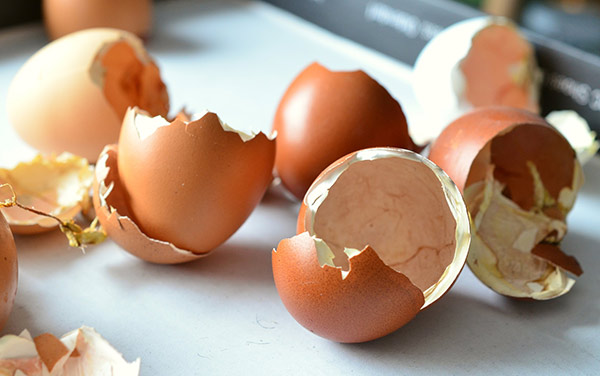

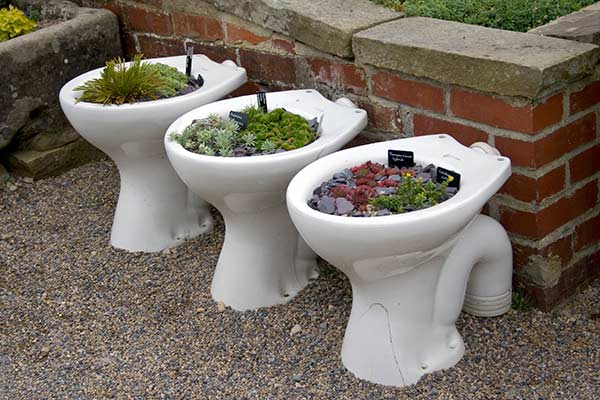
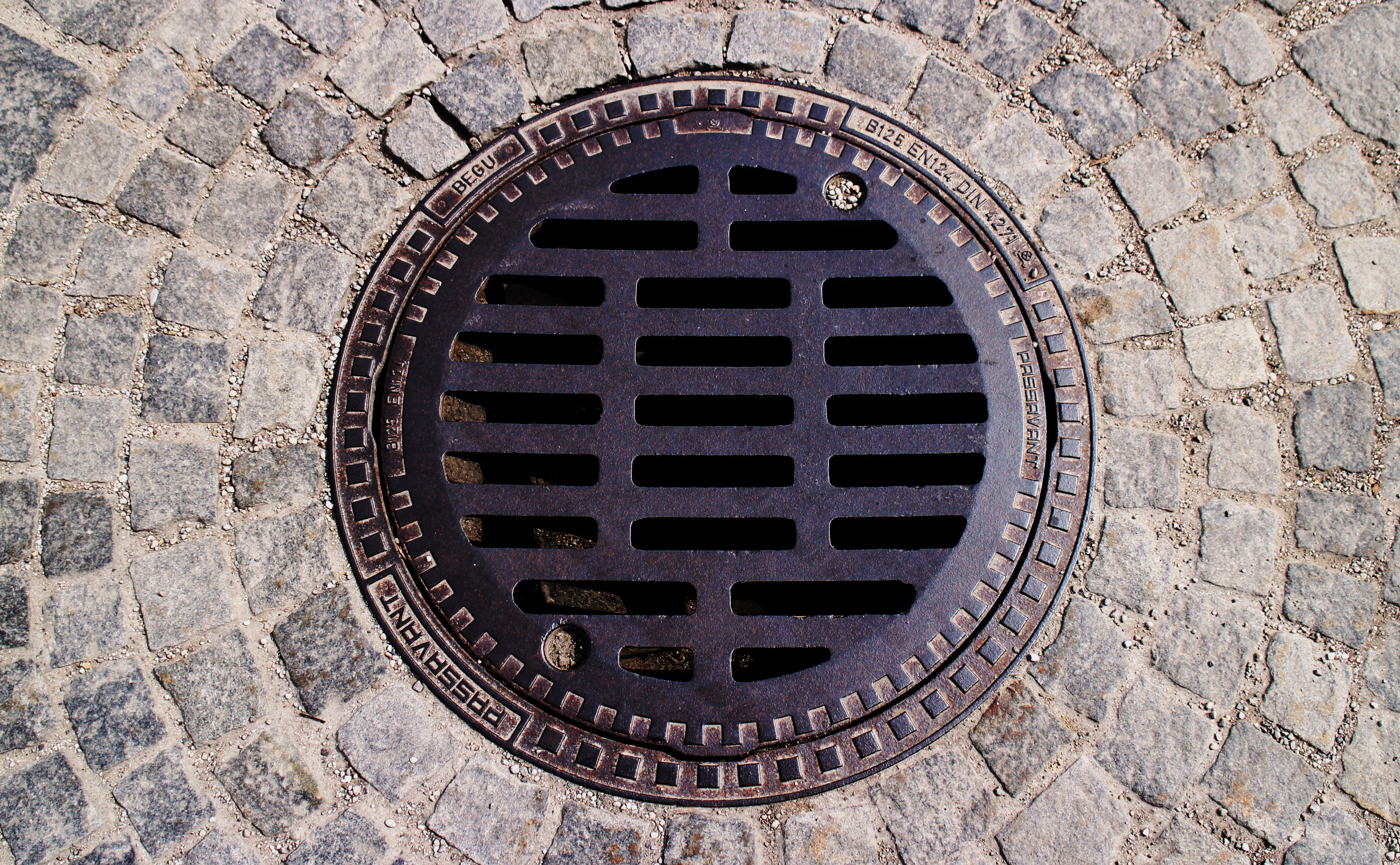
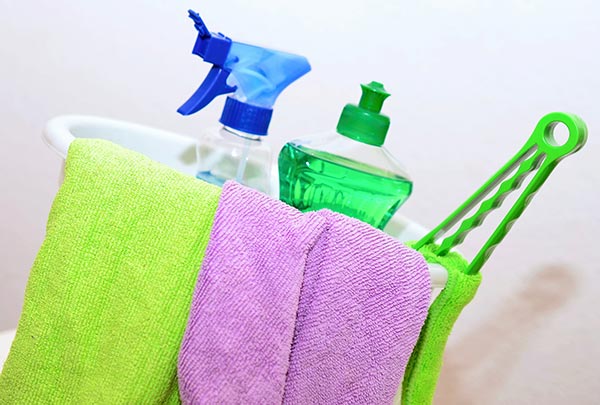
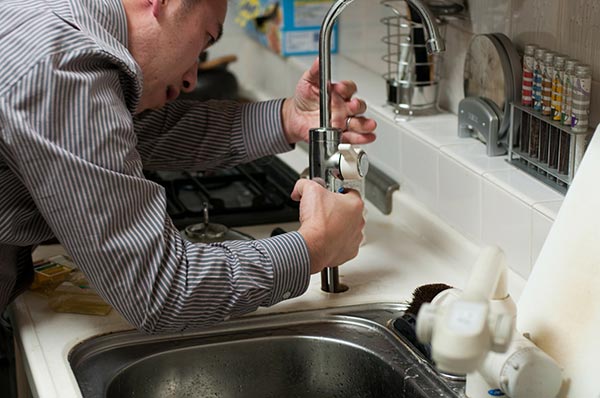
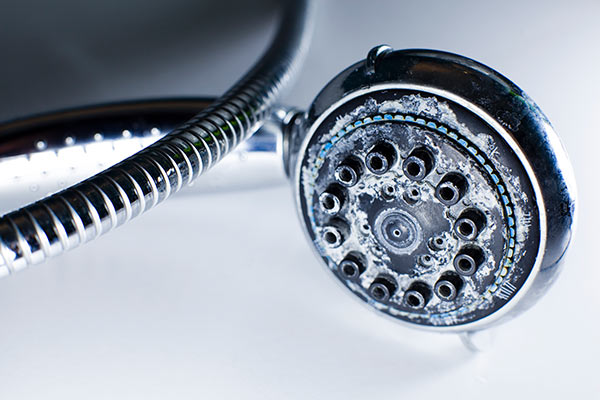
.png)